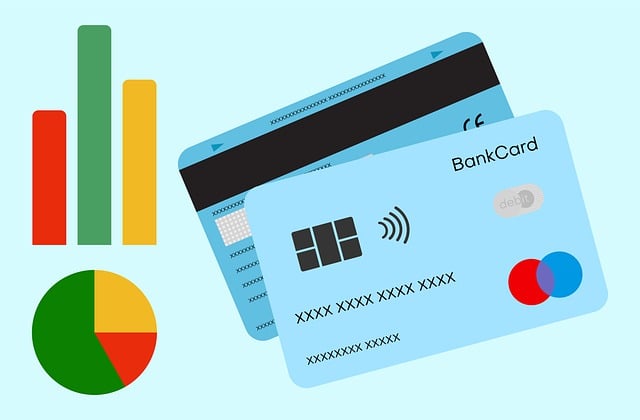In Texas, car title loan interest rates, governed by state law and often exceeding 300% APR, are among the highest in the nation due to a lack of strict caps. This permissive regulatory environment allows lenders to leverage vehicle titles, leading to unaffordable debt for consumers, especially low-income residents. Advocates push for rate caps or fair lending practices to protect Texans from predatory loans that could result in vehicle loss and long-term financial strain.
Texas residents often face higher car title loan interest rates compared to other states, lacking any regulatory caps. This article delves into the complex legal landscape surrounding these loans in Texas and explores why there are no interest rate limits. We examine the implications for borrowers, considering alternative options while highlighting the importance of understanding Car Title Loan Interest Rates in Texas. By shedding light on this issue, we aim to empower Texans with knowledge about their financial choices.
- Understanding Car Title Loan Interest Rates in Texas
- The Absence of Title Loan Interest Rate Caps: Legal Perspective
- Implications and Potential Alternatives for Borrowers in Texas
Understanding Car Title Loan Interest Rates in Texas

In Texas, car title loan interest rates are set by state law and are typically higher compared to traditional loans. These rates are calculated as a percentage of the loan amount and can vary significantly between lenders. The absence of strict interest rate caps means that Texans borrowing through car title loans may face substantial financial burden. Without regulatory oversight, some lenders offer rates exceeding 300% APR, making these loans one of the costliest borrowing options available.
Understanding how these rates are structured is crucial for borrowers. Car title loans operate differently from conventional loans; they use the borrower’s vehicle title as collateral. Lenders argue that this practice justifies higher interest rates due to the reduced risk of default. Borrowers, however, should be aware of their repayment options and consider the long-term implications of these high-interest rates on their loan payoff.
The Absence of Title Loan Interest Rate Caps: Legal Perspective

In Texas, the absence of strict title loan interest rate caps is a legal landscape that permits lenders to offer and charge rates that can be significantly higher than those seen in other states. This absence stems from the state’s regulatory framework for small-dollar lending, which has historically been less stringent compared to federal and out-of-state regulations. As a result, Texas consumers often find themselves paying more for car title loans, with interest rates that can quickly escalate into unaffordable debt.
The lack of caps on these rates is largely due to the state’s approach to regulating vehicle ownership and title transfer. Without robust mechanisms to protect borrowers, lenders are free to leverage the security of a consumer’s vehicle ownership to charge high-interest rates. This practice raises concerns about the financial well-being of vulnerable Texans, especially those already facing economic hardships. In light of these considerations, advocates for consumer protection argue that implementing interest rate caps could help mitigate the risks associated with title loans and ensure fairer practices within this sector of the lending industry in Texas.
Implications and Potential Alternatives for Borrowers in Texas

In the absence of interest rate caps on car title loan Texas, borrowers face substantial financial risks. These high-interest rates can trap individuals in a cycle of debt, making it difficult to pay off the loan and often leading to the loss of their vehicle. This is particularly concerning for low-income residents who may rely on their cars as their primary means of transportation. Without regulatory oversight, Dallas title loans providers can exploit borrowers’ desperation, offering short-term relief but long-term financial strain.
Potential alternatives could include implementing a cap on interest rates to protect consumers or encouraging more transparent and fair lending practices. A financial solution for Texas residents could be established through comprehensive credit counseling services and accessible, low-interest loan options. By mitigating the impact of predatory lending, these measures would empower borrowers, ensuring they have choices that align with their long-term financial well-being rather than temporary relief.
Texas’ absence of title loan interest rate caps has significant implications for borrowers, leaving them vulnerable to high-interest charges. Without regulatory intervention, consumers may face unsustainable debt cycles. However, exploring alternative lending models and promoting financial literacy could provide relief. Understanding the intricate legal landscape surrounding car title loan interest rates in Texas is crucial for moving towards a more balanced and protective environment for borrowers seeking short-term funding.






